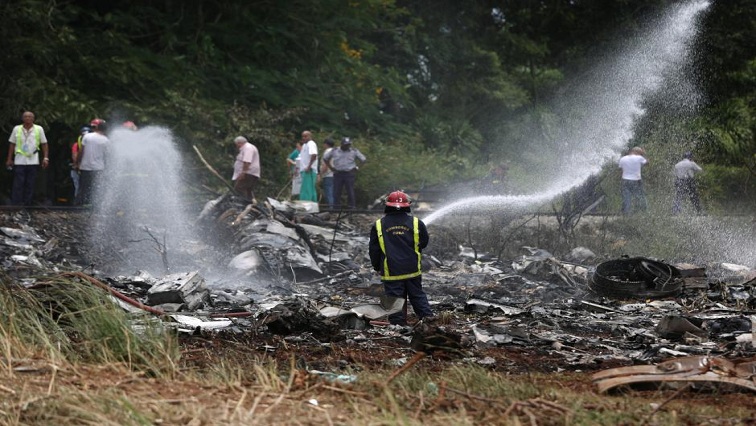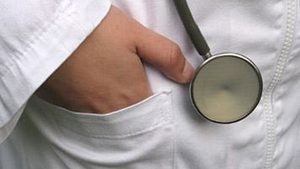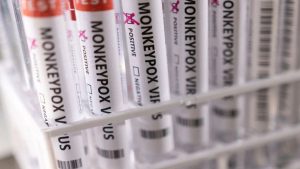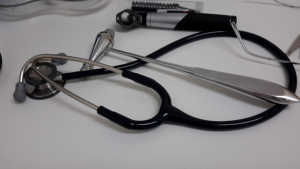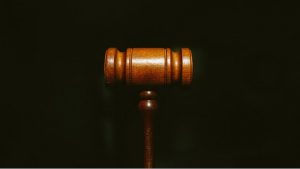It happened in the tropical lull that is Havana’s midday, usually a time for lunch and rest. A tremendous noise broke the calm: the crash of a passenger aircraft that had just taken off from the capital’s airport.
“The explosion shook everything,” recounted Yasniel Diaz, who was near the airport and saw the plane fall to the ground and smash into it.
The cause of the crash of the Boeing 737, a 39-year-old aircraft leased from Mexican company Aerolineas Damojh to state carrier Cubana de Aviacion and flying a domestic route with more than 100 passengers on board, has yet to be determined.
But Diaz, a 21-year-old musician who had spent the night on a farm in the vicinity, said: “I was going home and I saw the plane and the pilot was flying to the right, he lost altitude and went down.”
“At one point, I saw the plane try to land, but obviously it couldn’t,” he said. When the explosion happened on impact, “I started running because I felt scared. Then I saw people coming from a village to help,” he told AFP.
The plane had been headed to Holguin, a city on the east of the island of Cuba. Despite the disaster, Havana’s airport continued working.
Cuba’s new president, Miguel Diaz-Canel, who had only taken power from former leader Raul Castro on April 19, arrived at the scene to voice fears that there were many dead.
State media reported that there were three survivors pulled from the mangled and smoking wreckage, all in critical condition.
Despite the scale of the disaster, information came out only fitfully, squeezed into official news bulletins that only started reporting on the crash an hour after it happened. Internet in Cuba is very limited.
Two kilometers (a mile) from the crash site, Yosvany Sarmientos was riding a bicycle with his son.
“I felt the boom and saw the smoke rising. I had been riding with the boy and I told him, ‘Look son, that’s a plane that’s crashed,'” he said.
Following the crash, a wave of medics and civilians poured in to do what they could.
Alicia Leon, a doctor with emergency experience, lives close by, where she used to work in a clinic. She went running and managed to tend to one of the survivors.
“I’m a doctor around the clock,” she said. “This affected me greatly. I saw our doctors from the clinic going there quickly. I arrived to intubate a survivor, a woman. We couldn’t identify her. We got there right away.”
Later, Leon went to an area to help in cataloguing the bodies and body parts.


